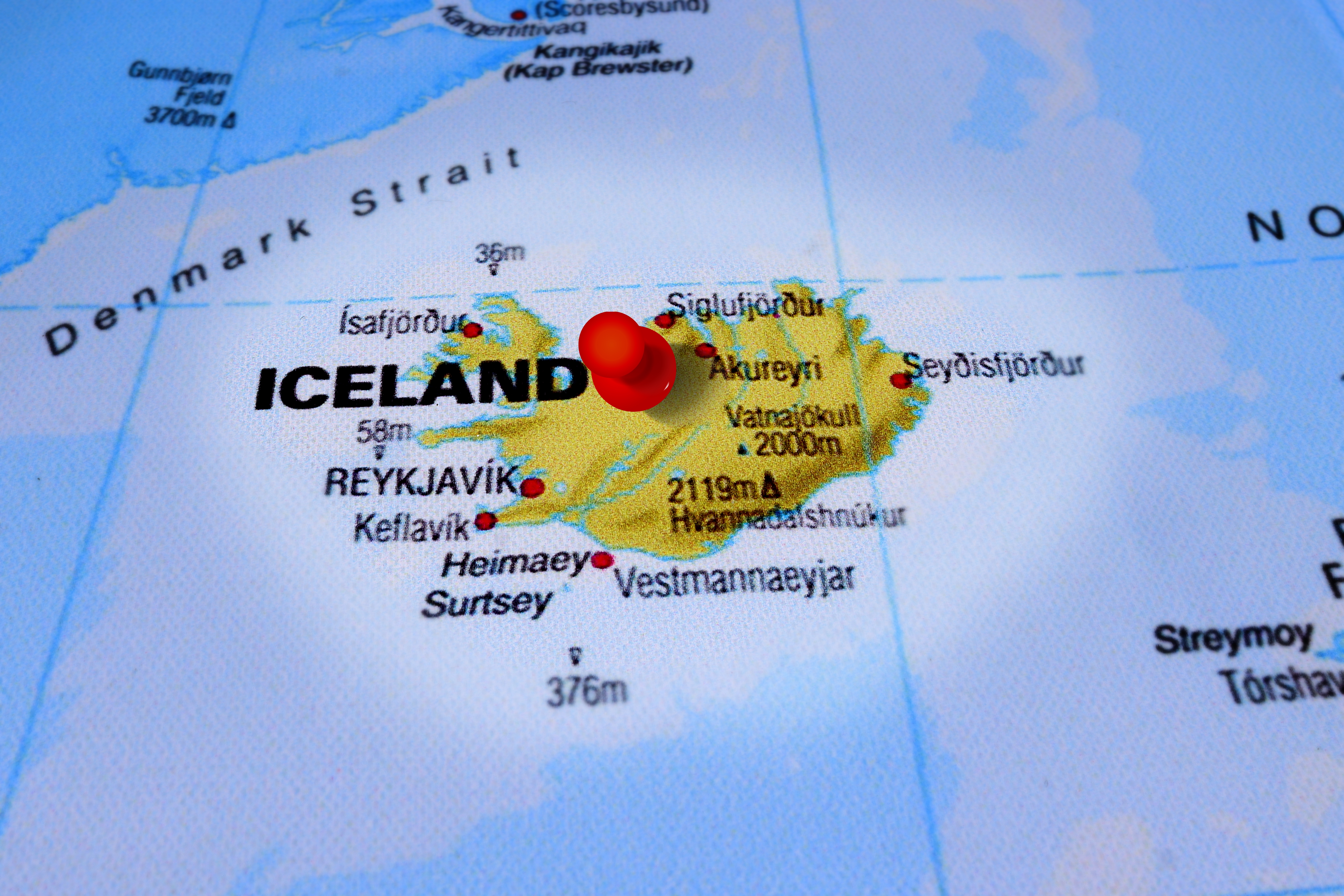A ‘special’ corporation tax levied on the Danish pension and insurance industry has generated 40 per cent more revenue for the government compared to 2024, leading to calls for the “unfair” tax to be abolished.
New calculations by Insurance and Pension Denmark (I&P Denmark) revealed that in 2024 the industry paid DKK 350m in special tax, a significant rise from the DKK 250m paid in 2023.
During its first year, financial companies paid 25.2 per cent corporation tax, while non-financial companies paid 22 per cent. From 2024, this rate increased to 26 per cent for financial companies.
The tax was introduced in 2023 to finance the state's early-retirement pension offering – Arne pension – for people who have worked in more physically demanding jobs, which was introduced in 2021.
I&P Denmark stressed that the tax revenue should be seen in light of the fact that far fewer Danes are taking advantage of the Arne pension than expected.
Figures from the Danish Ministry of Employment published in 2024 revealed that between 1 August 2021 and 30 March 2024, 68,800 citizens were granted the right to early retirement, but just 18,800 had taken up the pension.
Previous estimations suggested that in 2022, around 41,000 people would qualify for the early retirement scheme, with roughly 25,000 expected to use it.
Uptake was forecast to rise to nearly 29,000 recipients by 2025, compared with an estimated 56,000 eligible, before declining to about 17,000 recipients in 2030 out of around 32,000 eligible.
"In principle, it is deeply problematic that some parts of the business community pay higher corporate tax than others,” I&P Denmark CEO, Kent Damsgaard, said.
“And in practice, it is harmful because it makes insurance and pension benefits unnecessarily expensive for Danes. So, there are only good arguments in favour of removing the special tax.”
As a result, Damsgaard would like to see the government get rid of the tax, especially as other industries are not subject to the tax.
He argued that the tax has a “socially unfavourable impact” as it hits the lowest paid the hardest in relative terms. This is because it is an additional cost that “ultimately increases the price of insurance”.
He highlighted that Denmark’s Ministry of Taxation has also previously concluded this.
"We are in a situation where there is no need for the special tax in terms of revenue – and on top of that it is both unfair and directly harmful to the security of Danes.
“At a time when there is financial room for it and politicians are concerned with making it cheaper to be Danish, the special tax is an obvious place to start," he concluded.
European Pensions has contacted the Danish Ministry of Taxation for a response.
Latest News
-
‘Unfair’ Danish pensions tax delivers 40% more revenue as calls grow for abolition
-
Central Bank warns Iceland’s pension law is outdated as funds outgrow domestic market
-
News in brief: 22 August
-
Germany’s pension system a ‘time bomb’, LBBW warns
-
Veritas reports resilient returns in H1 2025 amid economic pressures
-
Green transition set to regain momentum despite recent headwinds
Podcast: Stepping up to the challenge

In the latest European Pensions podcast, Natalie Tuck talks to PensionsEurope chair, Jerry Moriarty, about his new role and the European pension policy agenda
Podcast: The benefits of private equity in pension fund portfolios

The outbreak of the Covid-19 pandemic, in which stock markets have seen increased volatility, combined with global low interest rates has led to alternative asset classes rising in popularity. Private equity is one of the top runners in this category, and for good reason.
In this podcast, Munich Private Equity Partners Managing Director, Christopher Bär, chats to European Pensions Editor, Natalie Tuck, about the benefits private equity investments can bring to pension fund portfolios and the best approach to take.
In this podcast, Munich Private Equity Partners Managing Director, Christopher Bär, chats to European Pensions Editor, Natalie Tuck, about the benefits private equity investments can bring to pension fund portfolios and the best approach to take.
Mitigating risk
BNP Paribas Asset Management’s head of pension solutions, Julien Halfon, discusses equity hedging with Laura Blows
© 2019 Perspective Publishing Privacy & Cookies









Recent Stories